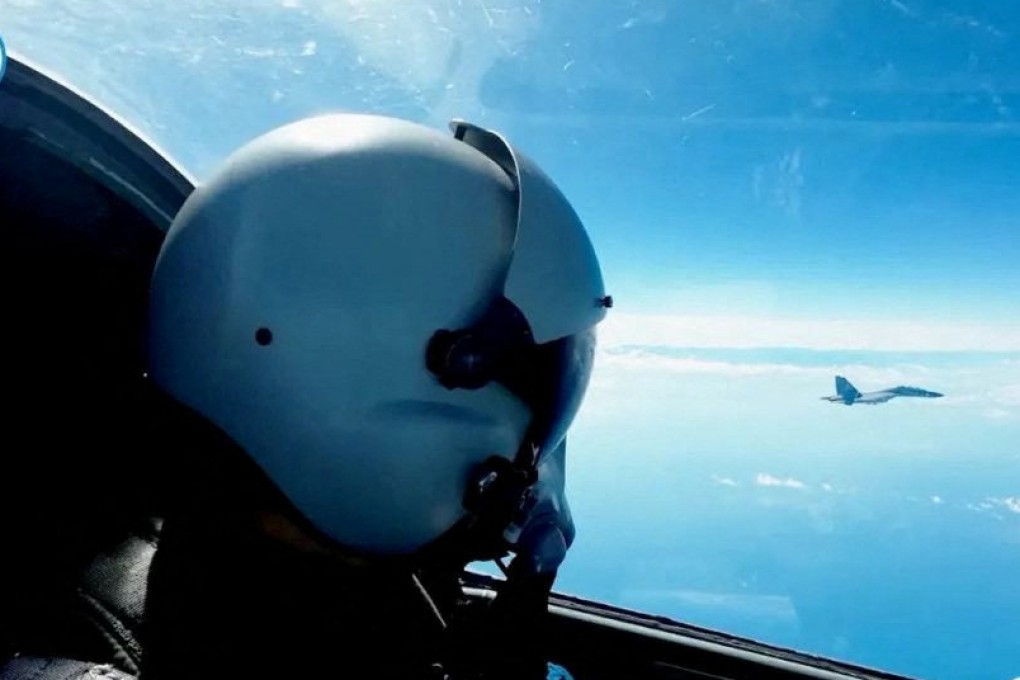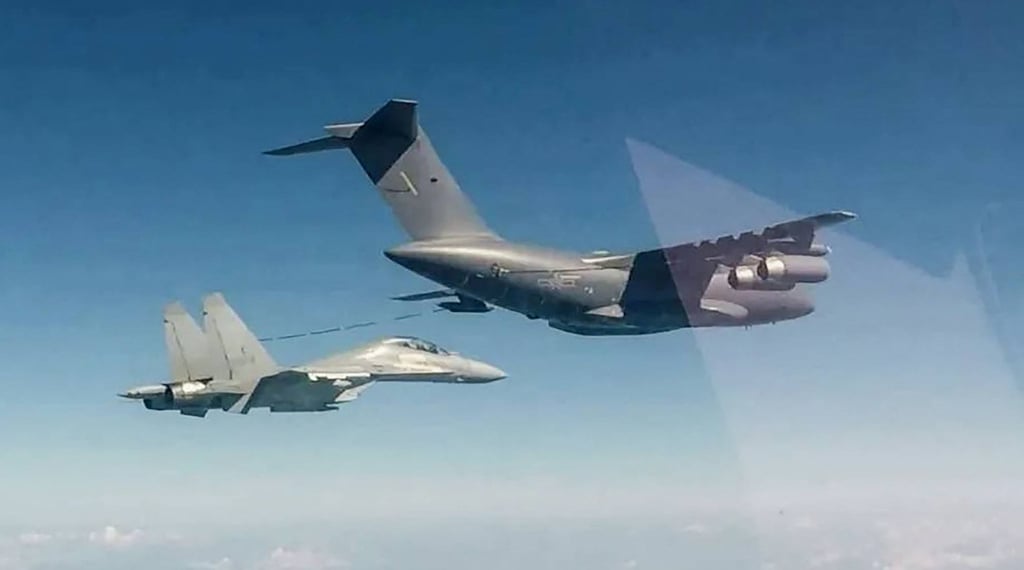Editorial | White paper makes it clear intervention by China’s military is last resort
- As the People’s Liberation Army completes a week of drills around Taiwan, the message from Beijing is that every effort will be made to ensure peaceful reunification

Clarity is the best way to address concerns on an issue. Beijing’s white paper on Taiwan was released on Wednesday as the People’s Liberation Army announced the completion of a week of drills around the self-ruled island in the wake of the visit by United States House of Representatives Speaker Nancy Pelosi.
Regional governments, Taiwanese and mainlanders have been wondering what follows and that has been laid out in detail in a timely manner. The unequivocal message is that every effort will be made for peaceful reunification, but military force remains an option should independence-seekers go too far.
The position has been well established by Beijing over the decades; this is the third such document since 1993. Taiwan is an inalienable part of Chinese territory and the central government is unshakeable on matters of safeguarding sovereignty and territorial integrity.
That one-China principle is the basis for relations with other countries and the United States is among all but a handful that have signed up to it. This white paper, released through the State Council by the Taiwan Affairs Office and Information Office under the title “The Taiwan Issue and China’s Reunification in the New Era”, comes as Washington and some allies are chipping away at the agreement.

Pelosi, the highest-ranking American to visit Taiwan in 25 years, and Taiwanese leader Tsai Ing-wen, who made the invitation, are unrepentant. They are unconcerned that Beijing’s most fundamental “red line” has been crossed.
